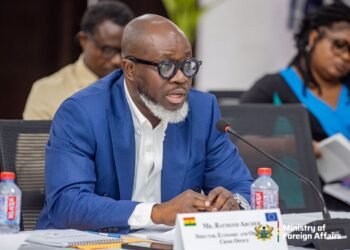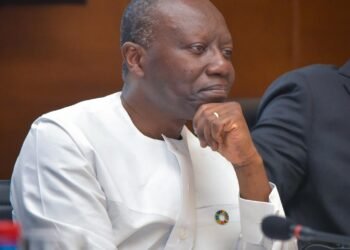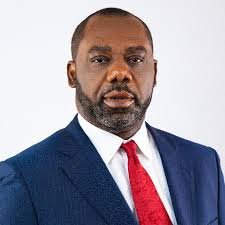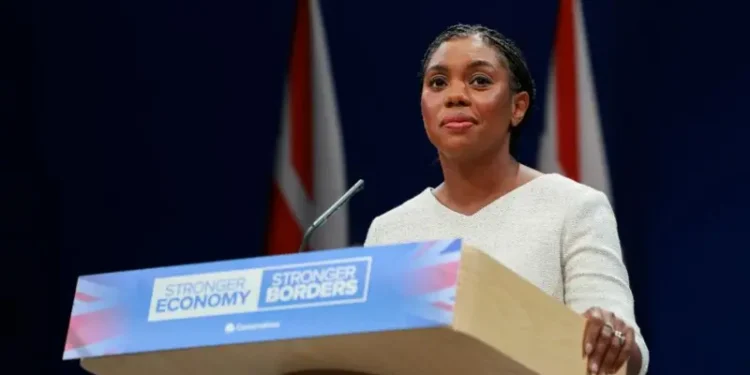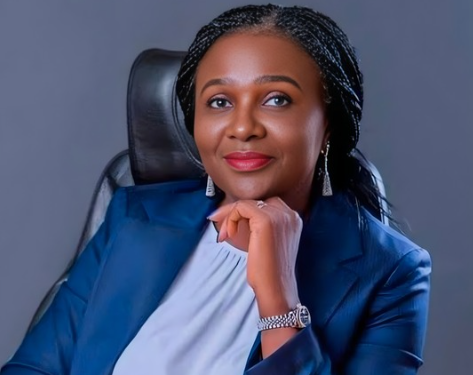Vice President of the IMANI Centre for Policy and Education, Selorm Branttie has strongly condemned what he described as the superficial approach to governance in Ghana, where public officials prioritise the construction and commissioning of buildings as a hallmark of progress, without ensuring their functionality within a comprehensive ecosystem.
In a thought-provoking statement, Selorm Branttie argued that infrastructure development must transcend mere physical structures to include the necessary components that enable them to serve their intended purposes effectively.
According to him, this lack of a holistic approach is not only a misuse of taxpayer funds but also a disservice to the aspirations of the Ghanaian people.
Selorm Branttie expressed frustration at the recurrent political narrative that equates physical infrastructure with effective governance, describing it as a fixation that misleads citizens.
“Infrastructure isn’t only just physical. It’s an ecosystem. The reason why we constantly waste money and politicians keep fooling us is because we don’t demand what we deserve and get easily fooled by gimmicks.”
Selorm Branttie, Vice President of IMANI Centre for Policy and Education
Infrastructure Without Ecosystems: A Recipe for Failure
The IMANI Vice President outlined the need for every infrastructure project to be designed with a full-circle approach. Citing examples, he argued that roads should not merely be paved surfaces but should also include supporting elements such as pavements, bus stops, drainage systems, and other services.
Similarly, he stressed that school infrastructure must be accompanied by essential resources, including well-structured curricula, trained teachers, adequate equipment, sports facilities, and clear exit strategies for students.
Hospitals, he added, should be planned with staffing requirements, functional classifications, and sustainability measures in mind.“Just doing these things in isolation is a recipe for failure,” Selorm Branttie warned.
A Call for Accountability
Selorm Branttie further underscored the role of citizens in holding governments accountable, lamenting the ease with which many are swayed by superficial accomplishments.
He emphasized that public funds and the aspirations of the people are at stake, making it imperative for governance to prioritize long-term impact over short-term political gains.
“It’s our taxpayers’ money and the aspirations of people. We can’t toy with it and take advantage of the ignorance of our folks. It’s cruel,” he stated. His critique challenges policymakers to move beyond symbolic gestures and adopt an ecosystem-oriented approach that ensures infrastructure projects deliver real value to the populace.
As Ghana continues to grapple with issues of development and governance, his message serves as a reminder that infrastructure, while critical, must be thoughtfully planned and executed to achieve its intended purpose.
The call for a more deliberate and accountable approach to governance is not just timely but necessary, as Ghanaians increasingly demand leaders who prioritise substance over superficial accomplishments.
READ ALSO: M.anifest Urges Celebrities to Demand Accountability From Govt







